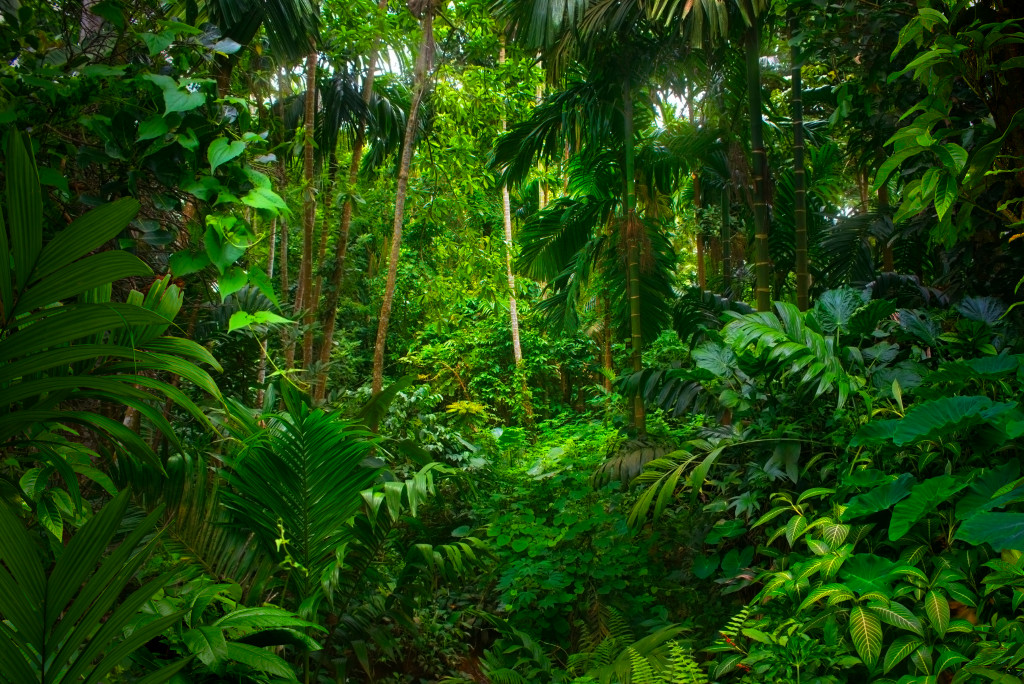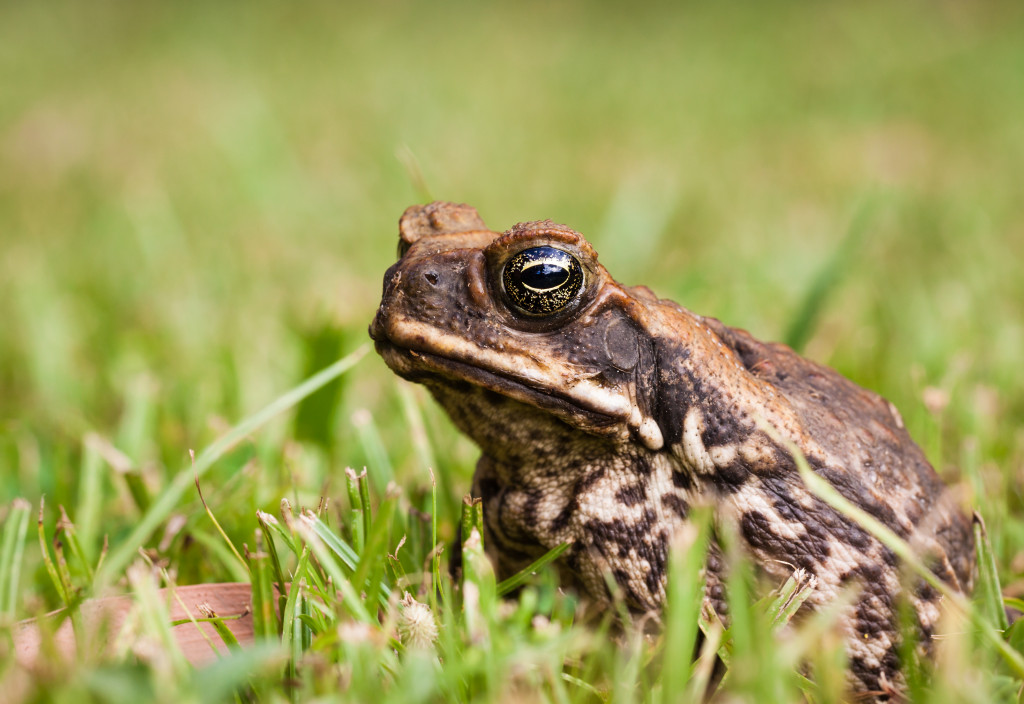The COVID-19 pandemic has caused widespread panic and fear throughout the world. The disease has killed thousands of people and has infected millions more. In response to the outbreak, many governments have instituted travel bans, closed schools, and universities, and ordered the closure of businesses. The measures taken by governments to try to stop the spread of the disease have had a significant impact on the economy.
One of the main questions that people are asking is whether nature has recovered during the COVID-19 pandemic. To answer this question, it is important to look at the data on forest fires, air quality, and water levels.

Forest Fires
The number of forest fires has increased significantly since the start of the pandemic. In the United States, the number of forest fires has increased by more than 700%. The increase in forest fires is likely due to the fact that people are now spending more time indoors and are therefore less likely to be aware of potential dangers like forest fires.
Air Quality
Air quality has also deteriorated significantly since the start of the pandemic. In China, the level of air pollution has increased by more than 500%. The increase in air pollution is likely due to the fact that factories have been closed and cars have been banned from the streets.
Trees and Exotic Plants
Trees and exotic plants have been affected by the pandemic in different ways. In the United States, the number of trees that are infected with a virus known as laurel wilt has increased by more than 1,000%. The increase in the number of infected trees is likely due to the fact that people are now spending more time indoors and are therefore less able to take measures to protect trees from infection. In addition, the number of trees that have been cut down has increased by more than 100%. Diseases and other issues have rendered many forestry products useless.
Wildlife Population
The world’s spider population has significantly increased since the pandemic. The average number of spiders per household in the United States has increased by more than 100%. Experts in wilderness safaris have confirmed that the spider population in Africa has also increased.
It is difficult to say whether the increase in nature’s populations is due to people being indoors or because of COVID-19, but experts are encouraging safari-goers to take precautions against spiders just in case.
Water Levels
Water levels have also decreased significantly since the pandemic began. In the United States, the levels of water in rivers and lakes have reduced by more than 20%. The reduction in water levels is likely due to people limiting their use of natural resources such as fresh water and electricity.
Earth’s Temperature
The COVID-19 pandemic has also had a significant impact on the Earth’s temperature. The average global temperature has decreased by more than 1 degree Celsius. The decrease in the Earth’s temperature is likely due to the fact that people are now using less energy due to the COVID-19 pandemic.
Ozone Layer
The pandemic has had a significant impact on the Earth’s ozone layer. The average level of ozone depletion in most countries has increased significantly since the pandemic began. Experts expect that once the COVID-19 pandemic comes to an end, it will take years for the Earth’s ozone layer to replenish itself.
Sea Level
The average sea level has increased by more than two centimeters. The increase in the Earth’s sea level is likely due to the fact that people are now using less electricity, which is causing the water levels in rivers and lakes to decrease.
Did the World Really Heal?
The data suggests that the Earth has not really healed. Nature is still very much diseased and for many people, their focus is still on ending COVID-19 rather than restoring nature back to what it used to be like.
What Does This Mean?
If you are looking to go on a safari or visit other exotic locations, you may want to take precautions such as wearing gloves and boots when in areas with a high spider population. In addition, the world has not really healed, and we may find ourselves in another pandemic in the future.
Overall, nature has not recovered during the COVID-19 pandemic, but it would be wrong to say that the disease has had no impact on the environment. The increase in forest fires, air pollution, and spiders is likely due to people staying indoors more and reducing their use of natural resources. The reduction in water levels is likely due to people rationing water. It is important to note that these are preliminary findings and that more data is needed to draw any definitive conclusions.
